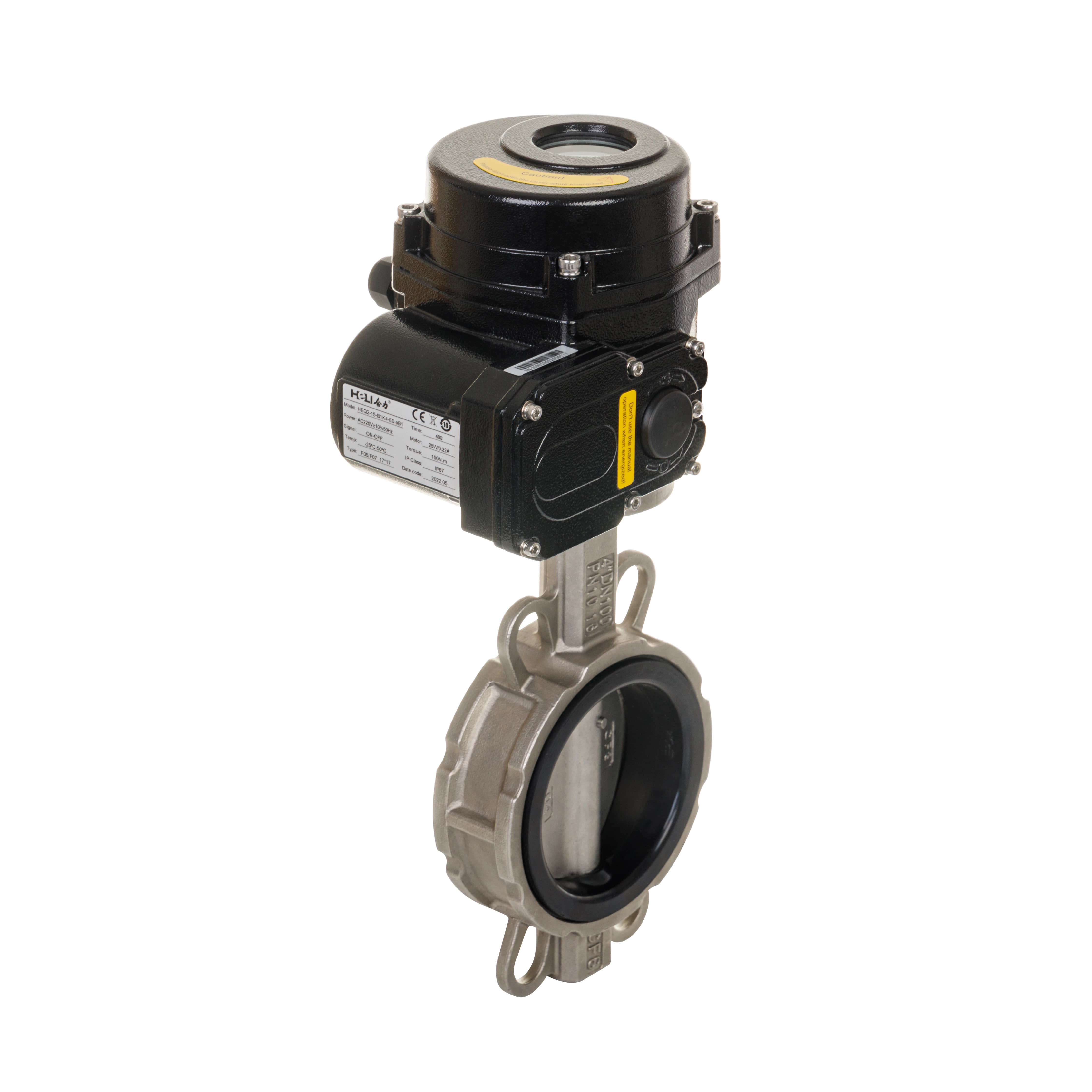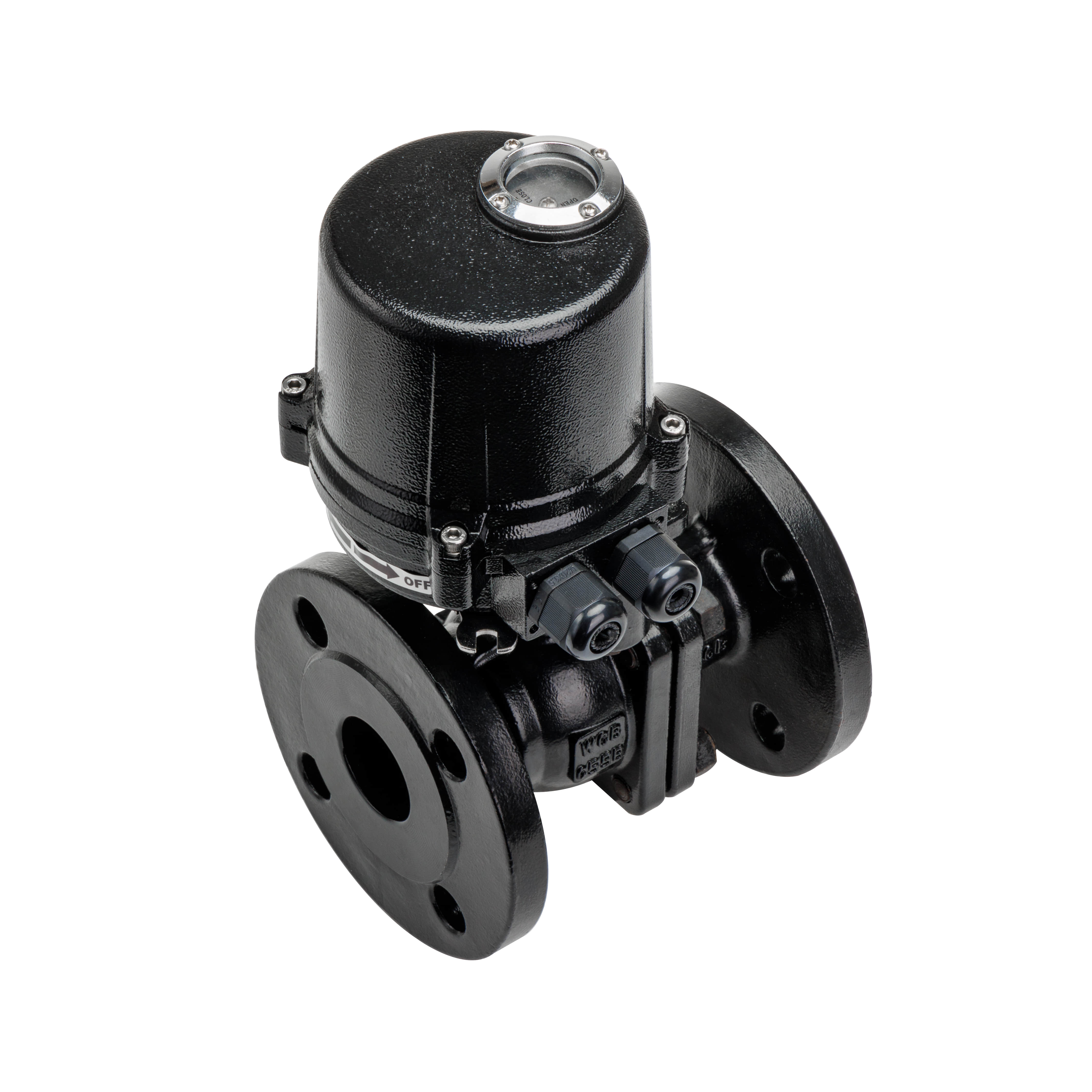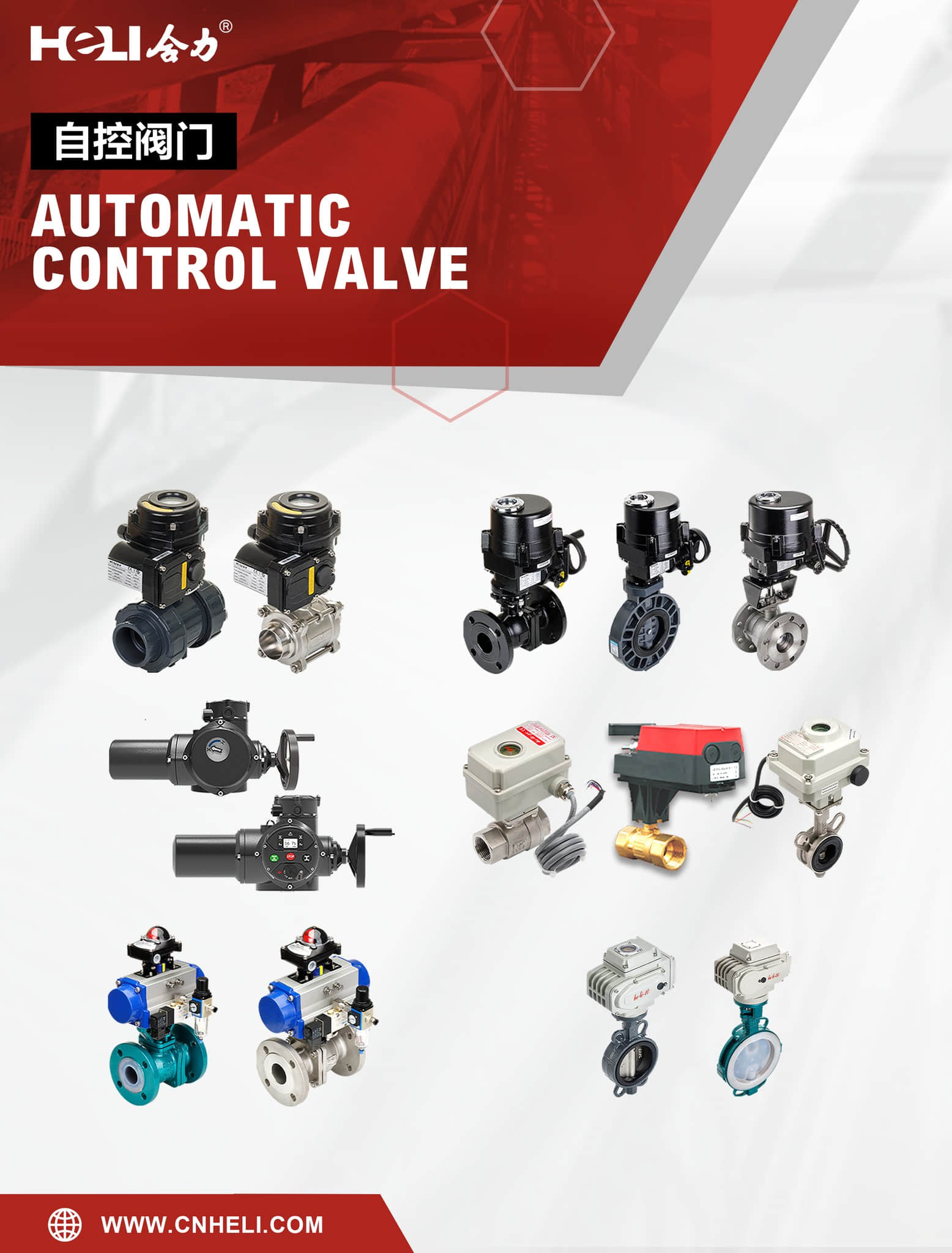
Electric valves are critical components in modern automation systems, bridging the gap between mechanical processes and electronic control. These devices are designed to manage the flow of fluids or gases within a system, offering precise control and operational efficiency. With the increasing complexity of industrial applications, electric valves have become indispensable for a wide range of industries, including manufacturing, automotive, and aerospace.

At the core of an electric valve is an actuator, which is powered by electricity to move the valve's internal mechanisms. This actuator controls the valve's position—either open, closed, or somewhere in between—depending on the system's requirements. By converting electrical signals into mechanical motion, electric valves enable automated control of fluid flow, reducing the need for manual intervention and enhancing overall system efficiency.

